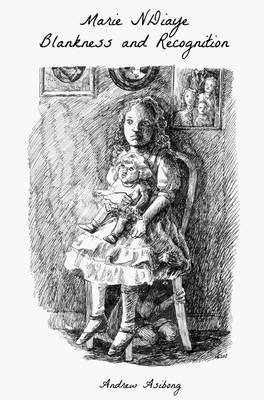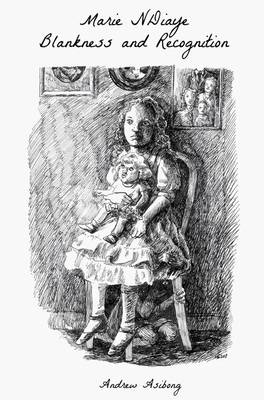
Door een staking bij bpost kan je online bestelling op dit moment iets langer onderweg zijn dan voorzien. Dringend iets nodig? Onze winkels ontvangen jou met open armen!
- Afhalen na 1 uur in een winkel met voorraad
- Gratis thuislevering in België vanaf € 30
- Ruim aanbod met 7 miljoen producten
Door een staking bij bpost kan je online bestelling op dit moment iets langer onderweg zijn dan voorzien. Dringend iets nodig? Onze winkels ontvangen jou met open armen!
- Afhalen na 1 uur in een winkel met voorraad
- Gratis thuislevering in België vanaf € 30
- Ruim aanbod met 7 miljoen producten
Zoeken
Omschrijving
An Open Access edition of this book is available on the Liverpool University Press website and the OAPEN library.
This is the first critical study in English to focus exclusively on the work of Marie NDiaye, born in central France in 1967, winner of the Prix Femina (2001), the Prix Goncourt (2009), shortlisted for the Man Booker International Prize (2013), and widely considered to be one of the most important French authors of her generation. Andrew Asibong argues that at the heart of NDiaye's world lurks an indefinable 'blankness' which makes it impossible for the reader to decode narrative at the level of psychology or event. NDiaye's texts explore social stigmata and familial disintegration with a violence unmatched by any of her contemporaries, but in doing so they remain as strangely affectless and 'unrecognizable' as their dissociated protagonists. Considering each of NDiaye's works in chronological order (including her novels, theatre, short fiction and writing for children), Asibong assesses the aesthetic, emotional and political stakes of NDiaye's portraits of impenetrable selfhood. His book provides an original and provocative framework within which to read NDiaye as a simultaneously hybrid and hyper-French cultural figure, fascinating and fantastical practitioner of the postmodern - and reluctantly postcolonial - 'blank arts'.Specificaties
Betrokkenen
- Auteur(s):
- Uitgeverij:
Inhoud
- Aantal bladzijden:
- 245
- Taal:
- Engels
- Reeks:
- Reeksnummer:
- nr. 30
Eigenschappen
- Productcode (EAN):
- 9781846319464
- Verschijningsdatum:
- 28/10/2013
- Uitvoering:
- Hardcover
- Formaat:
- Genaaid
- Afmetingen:
- 163 mm x 239 mm
- Gewicht:
- 589 g

Alleen bij Standaard Boekhandel
+ 67 punten op je klantenkaart van Standaard Boekhandel
Beoordelingen
We publiceren alleen reviews die voldoen aan de voorwaarden voor reviews. Bekijk onze voorwaarden voor reviews.











